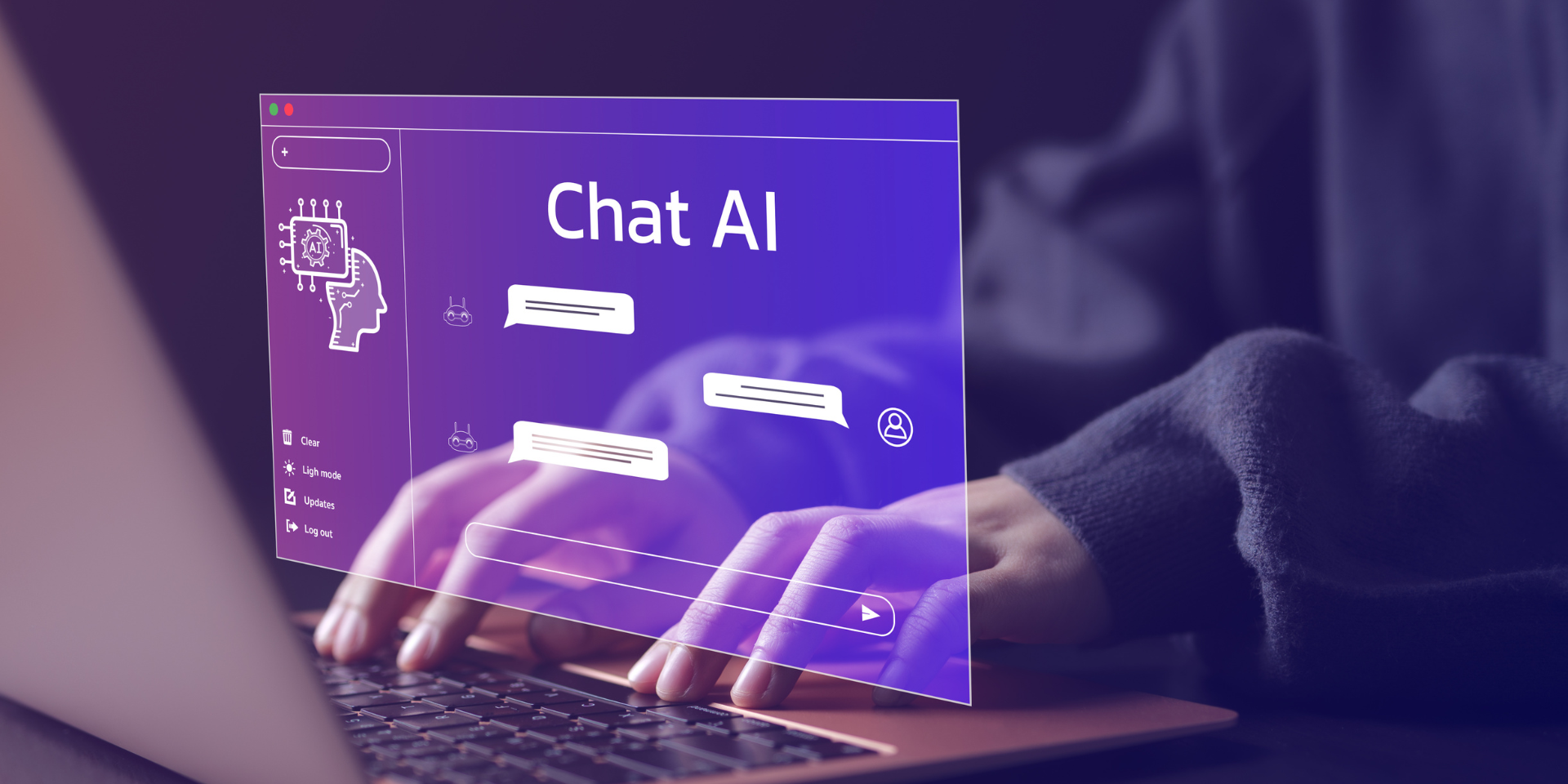Should Your Business Be Using ChatGPT For Content Creation?
We’ll share our views on whether you should use ChatGPT for content creation.

Before we jump into the pros and cons of using Open AI’s Chat Generative Pre-Trained Transformer (or ChatGPT for short), I’ll let you in on a secret. We used the AI technology to create the outline for this blog. And it did a fairly decent job. Does this mean that the days of human-led content creation are over? Should we be trusting ChatGPT with the production of everything from business blogs to social media posts? The answer is no; at least for the time being.
Rapid Content Production, With A Few Drawbacks
Of course, AI technology offers an array of benefits. The first one, sure to be of interest to busy business owners, is the ability to produce content at an astonishing rate. As an example, we asked ChatGPT to “write a 700-word blog on whether businesses should be using ChatGPT for content creation”. It produced an informative, if dull, blog in a matter of seconds. There’s simply no way that a human copywriter could compete.
Our AI-generated outline highlights the second benefit of consistency of tone and style. And it’s fair to say that the content holds true to this promise. However, the current version has a standard writing style that’s both robotic and sleep-inducing (it definitely won’t captivate your audience). You can generate an article in the style of your favourite author or journalist (as long as ChatGPT recognises them). However, the writing is bound to have a distinctive AI flavour.
Continuing through the list of advantages, we come to the cost-effectiveness of ChatGPT. Indeed, the standard version is free-to-use (as long as ChatGPT aren’t too busy to handle your request). Of course, this version is at its most basic, with a cut-off on the amount of content produced. We’ll have to see whether the premium version, priced at $42 per month, will have the capacity for more lengthy content.
There’s also the benefit of ChatGPT allowing for increased productivity. This might well be the case, with the AI technology able to produce article outlines, clean code, blog topic ideas and much else besides. However, it’s worth thinking twice before turning to ChatGPT for such tasks.
How AI Could Cost Your Business
Although you can use ChatGPT to create a variety of content, there are quality concerns. Version 3 is one of the biggest and most powerful language-processing AI models ever produced, with 175 billion parameters. However, there’s still a long way to go, with 100 trillion parameters being a low estimate for the number of neural connections inside the human brain.
Here are some of the biggest criticisms of ChatGPT in terms of quality:
- It struggles to come up with idioms (one of the distinctive features of human writing)
- It won’t produce content that connects with people on an emotional level
- It creates summaries but doesn’t have the capacity for unique insights
- It gives overly-verbose (long and mind-numbing) answers, when direct versions would be better
- It tends to lie and fabricate the truth.
In the words of a ChatGPT blog, “Although the technology has been trained on a vast amount of data, there is always the risk of it generating text that is inaccurate or nonsensical. Businesses must be diligent in monitoring the output generated by ChatGPT and editing it as necessary to ensure that the final product is of high quality.”
The AI tech also falls a long way short of human creativity. It’s promised that any content produced by ChatGPT will be unique. However, the generative text transformer can’t “think” outside the box. It depends on access to information that has already been shared and is available within its AI library (this is currently limited to information published before 2021).
The copying and pasting of such content might lead to claims of plagiarism and search engine penalties. At the very least, there’ll be a big risk of sounding the same as everybody else using ChatGPT.
Scope For Improvement
As the American Computer Scientist Paul Graham said, “If AI turns mediocre writing containing no new ideas into a commodity, will that increase the ‘price’ of good writing that does contain them? History offers some encouragement. Handmade things were appreciated more once it was no longer the default. Perhaps now we’ll compliment a piece of writing by saying ‘this’ couldn’t have been written by AI.”
Tech experts working for Elon Musk’s OpenAI are highly invested in the development of ChatGPT, with new and improved versions set to be introduced. One of their biggest challenges will be in improving the cultural understanding of AI technology.
When asked about its morals ChatGPT said, “As an AI language model, I don’t have personal opinions or cultural biases. I do not have personal beliefs or ideologies, and I do not propagate any particular ideology or cultural perspective.” This means that the AI-generated content may well contain biases and be offensive to different cultural groups.
ChatGPT also gave these recommendations on the use of AI for content creation:
- Define clear goals and guidelines
- Provide sufficient training data
- Monitor and edit output regularly
- Combine ChatGPT with human input.
Our Final Thoughts
It’s the final point, on the importance of human input, that’s key to the use of ChatGPT. If you’re keen on producing your business content with AI then you should be prepared to spend time learning how to get the best results. AI-generated content must also be reviewed, ensuring that it is published in your brand voice and style. And checks must be made to ensure that the content is 100% original, so as not to risk your business reputation.
If you’d like to have more of a chat about ChatGPT and the business value of human copywriting services then please give us a call on +44 (0)7740 348 521 or email design@thefingerprint.co.uk.
If you found this helpful then you should also have a read of Should you design your website with AI or an agency? , Wil AI replace copywriters?, or thefingerprint wins Design Agency of the Year for a third year!






